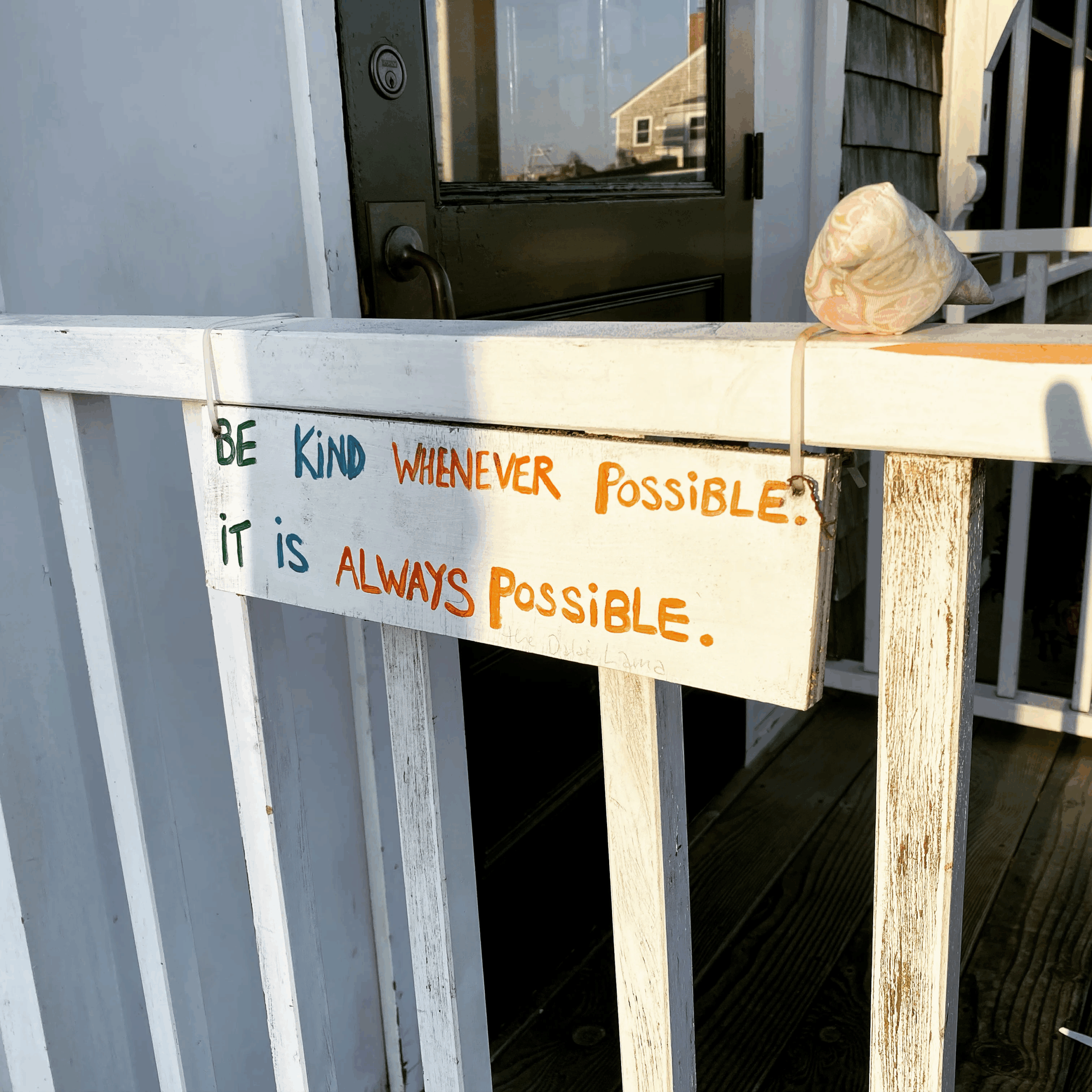Resource Details
Resource Format
Categories
Share:
Processing loss
The transitions surrounding loss are some of the most unrecognized and difficult ones for autistic people. Like many deeply emotional events, autistic people often process the separation differently. At the same time, many autistic people take comfort from the rituals that accompany death in many cultures. Events such as wakes, funerals, memorial services, and burials can be helpful transition points that acknowledge loss and give it context. Even for those who cannot or choose not to participate fully, these events can encourage conversations about the person who has died. For more advice and ideas, including information about how many religions address death, visit the award-winning Autism and Grief Project.
Signs of grieving
Autistic people may not react to loss or express grief in real time. A delayed reaction might appear week or months later and take the form of:
unusual behavior changes such as dysregulation, mood swings, and aggression
social and emotional withdrawal
spurts in stereotypy or repetitive behaviors
increases in creative activities such as drawing, painting, or collecting.
Coping with loss
One of the biggest challenges that can come with loss is the change in routine. When it’s possible to plan for the grieving process, it can be helpful to update or create new routines that can replace or fill the inevitable void. It’s also useful to remember that everyday tasks can take on added meaning when done with or for someone beloved. Creative ways for an autistic adult to help remember a loved one can include:
designing printed memorial cards
creating one or more photo and/or memory books (a portable one that can be carried in a backpack or the car can be helpful when away from home)
assembling a slide show that can be watched on a phone or tablet
creating a drawing or collage, or establishing a routine around making these types of art projects
establishing a dedicated place to collect and display mementos that recall positive memories
recreating fond food memories by making or eating special meals.
Author Susan Senator, parent of an autistic adult, has advice about How to Help an Autistic Person Process Grief and Loss in Psychology Today.
Losing our beloved Poppa was traumatic, and he insisted that he did not want a funeral. The lack of closure was very difficult for our autistic adult son, who misinterpreted the wish for no formal services as a sign that his grandfather died from a broken heart. He would talk of little else for months, until we set aside times together to spread some ashes in a few of his Poppa’s favorite places.
— Sarah T., parent of an autistic adult

More Resources
See our resource topics for more information on supporting adults with autism throughout the lifespan.



Caregiver Guidance



